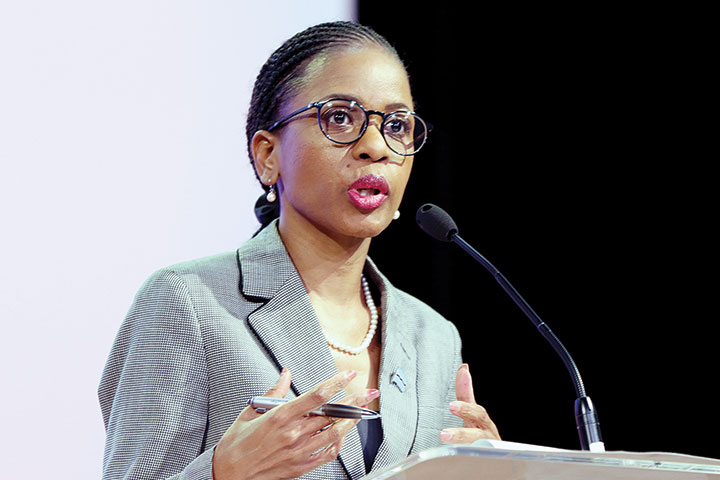United Nations and Botswana has signed the United Nations Sustainable Development Cooperation Framework for Botswana earlier today. The framework is expected to help Botswana achieve it’s developmental needs.
The framework which was formulated following an extensive consultative process, involving Government of Botswana, United Nations, private sector, and civil society organizations is set to “ensure that the developmental needs of the country are fully taken into account, with particular attention paid to the needs of the most vulnerable, specifically, the youth, women as well as people living with disabilities.”
According to the Minister of Finance and Economic Development- Honourable Peggy Serame, the process of formulating the United Nations Sustainable Development Cooperation Framework for Botswana (2022 – 2026) started with the preparation of a Common Country Analysis (CCA) in 2020, which assessed the current status of development in Botswana, the priorities, as well as the developmental challenges facing the country. Serame says the assessment revealed a number of developmental challenges, as well as opportunities for the United Nations to support Botswana in accelerating progress towards the attainment of the Sustainable Development Goals (SDGs) and the country’s development priorities in general.
As vision 2036 is rooted on five “Ps” being; People, Planet, Prosperity, Peace, and Partnerships, the United Nations Sustainable Development Cooperation Framework for Botswana also works towards these pillars. The Framework addresses issues related to: inequality; sustainable use and management of diverse natural resources, the combating of climate change and improving food security; sustainable and equitable economic trajectory to reduce inequality, poverty and unemployment; and justice, accountability, transparency and corruption.
“We therefore look forward to implementation of this all-inclusive developmental Framework that fully embraces the aspirations of this country in moving towards a sustainable development path, with all stakeholders participating.” noted Minister Serame.










